Home / us-election / Trump's Birthright Citizenship Ban: Indian H-1B Visa Holders Face Unprecedented Uncertainty
Trump's Birthright Citizenship Ban: Indian H-1B Visa Holders Face Unprecedented Uncertainty
By: My India Times
3 minutes read 39Updated At: 2025-02-17
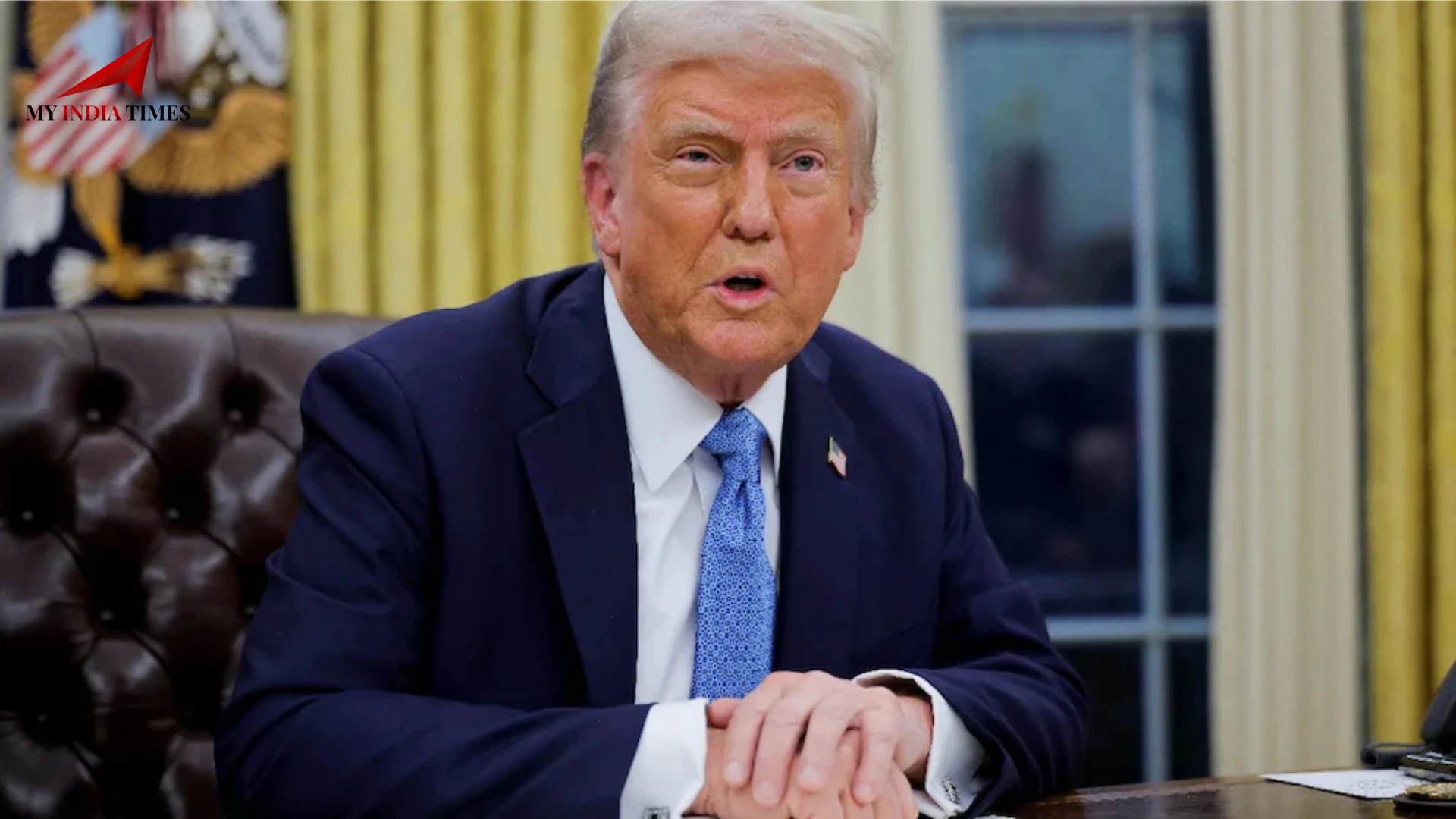
Executive Order Sparks Anxiety Among Indian Immigrant Families
The recent executive order by US President Donald Trump to end birthright citizenship for children of temporary visa holders has sent shockwaves across immigrant communities, especially among Indian professionals on H-1B visas. While the order remains on hold due to ongoing legal challenges, its potential implications have created widespread confusion and fear among thousands of Indian families living in the United States.
Fear of Losing Citizenship for US-Born Children
For many Indian professionals, the belief that their US-born children would automatically receive American citizenship is now under threat. The uncertainty surrounding this policy has forced families into difficult and emotional decisions about their future.
Akshay Pise, a software engineer based in San Jose, California, is one such individual grappling with the situation. His wife, Neha Satpute, is due to give birth soon, and the couple is anxious about the potential consequences. “If the order takes effect, we don’t know what comes next—it’s completely uncharted territory for us,” Pise shared.
The couple initially considered inducing labor early to ensure their child’s citizenship before the policy could be enforced. However, after careful thought, they decided to proceed naturally. “My priority is my wife’s health and a safe delivery; citizenship concerns come second,” Pise affirmed.
Growing Trend of Induced Births Raises Medical Concerns
Reports have surfaced about expectant parents opting for early C-sections to circumvent the potential policy change. However, medical professionals strongly discourage such practices.
Dr. Satheesh Kathula, President of the American Association of Physicians of Indian Origin, warned against this trend. “Medical laws in the US are stringent, and performing preterm C-sections solely for citizenship purposes poses significant health risks,” he stated.
Indian Community Among the Most Affected by the Policy
Indians constitute the second-largest immigrant group in the United States, with over five million residing on various non-immigrant visas. Should the order be implemented, it would have a disproportionate impact on this community, stripping thousands of children of their automatic right to US citizenship.
Immigration policy analyst Sneha Puri explained the unique challenge Indians face due to the already overwhelming backlog in the green card process. “Indians experience the longest wait times for permanent residency due to per-country green card caps. The backlog has exceeded 1.1 million applications,” she noted.
A study by the Cato Institute revealed that new Indian applicants could face wait times spanning multiple decades, with an estimated 400,000 individuals unlikely to receive a green card within their lifetime.
Broader Implications for Undocumented Immigrants
While the executive order primarily targets children of non-immigrant visa holders, it also extends to undocumented immigrants. The end of birthright citizenship would mean their US-born children would no longer have an automatic legal path to eventually sponsor their parents for permanent residency.
Data from the Pew Research Center estimates that around 725,000 undocumented Indians reside in the US, while the Migration Policy Institute places the figure at approximately 375,000.
Future Uncertainty for Indian H-1B and O Visa Holders
For Indian professionals working in the US on H-1B and O visas, the biggest concern is the future status of their children. Temporary visa holders must periodically leave the US for visa renewal processes, a requirement that has long been riddled with bureaucratic delays and risks. If their children lose their citizenship rights, it could further complicate their ability to stay together as a family in the United States.
A Legal Battle with High Stakes
The legal battle surrounding this executive order is far from over, and its outcome will have long-term consequences for thousands of Indian immigrant families. For now, these families remain in a state of anxious limbo, hoping that the courts will overturn the order and restore their children's birthright to American citizenship
....
Executive Order Sparks Anxiety Among Indian Immigrant Families
The recent executive order by US President Donald Trump to end birthright citizenship for children of temporary visa holders has sent shockwaves across immigrant communities, especially among Indian professionals on H-1B visas. While the order remains on hold due to ongoing legal challenges, its potential implications have created widespread confusion and fear among thousands of Indian families living in the United States.
Fear of Losing Citizenship for US-Born Children
For many Indian professionals, the belief that their US-born children would automatically receive American citizenship is now under threat. The uncertainty surrounding this policy has forced families into difficult and emotional decisions about their future.
Akshay Pise, a software engineer based in San Jose, California, is one such individual grappling with the situation. His wife, Neha Satpute, is due to give birth soon, and the couple is anxious about the potential consequences. “If the order takes effect, we don’t know what comes next—it’s completely uncharted territory for us,” Pise shared.
The couple initially considered inducing labor early to ensure their child’s citizenship before the policy could be enforced. However, after careful thought, they decided to proceed naturally. “My priority is my wife’s health and a safe delivery; citizenship concerns come second,” Pise affirmed.
Growing Trend of Induced Births Raises Medical Concerns
Reports have surfaced about expectant parents opting for early C-sections to circumvent the potential policy change. However, medical professionals strongly discourage such practices.
Dr. Satheesh Kathula, President of the American Association of Physicians of Indian Origin, warned against this trend. “Medical laws in the US are stringent, and performing preterm C-sections solely for citizenship purposes poses significant health risks,” he stated.
Indian Community Among the Most Affected by the Policy
Indians constitute the second-largest immigrant group in the United States, with over five million residing on various non-immigrant visas. Should the order be implemented, it would have a disproportionate impact on this community, stripping thousands of children of their automatic right to US citizenship.
Immigration policy analyst Sneha Puri explained the unique challenge Indians face due to the already overwhelming backlog in the green card process. “Indians experience the longest wait times for permanent residency due to per-country green card caps. The backlog has exceeded 1.1 million applications,” she noted.
A study by the Cato Institute revealed that new Indian applicants could face wait times spanning multiple decades, with an estimated 400,000 individuals unlikely to receive a green card within their lifetime.
Broader Implications for Undocumented Immigrants
While the executive order primarily targets children of non-immigrant visa holders, it also extends to undocumented immigrants. The end of birthright citizenship would mean their US-born children would no longer have an automatic legal path to eventually sponsor their parents for permanent residency.
Data from the Pew Research Center estimates that around 725,000 undocumented Indians reside in the US, while the Migration Policy Institute places the figure at approximately 375,000.
Future Uncertainty for Indian H-1B and O Visa Holders
For Indian professionals working in the US on H-1B and O visas, the biggest concern is the future status of their children. Temporary visa holders must periodically leave the US for visa renewal processes, a requirement that has long been riddled with bureaucratic delays and risks. If their children lose their citizenship rights, it could further complicate their ability to stay together as a family in the United States.
A Legal Battle with High Stakes
The legal battle surrounding this executive order is far from over, and its outcome will have long-term consequences for thousands of Indian immigrant families. For now, these families remain in a state of anxious limbo, hoping that the courts will overturn the order and restore their children's birthright to American citizenship
By: My India Times
Updated At: 2025-02-17
Tags: us-election News | My India Times News | Trending News | Travel News
Join our WhatsApp Channel





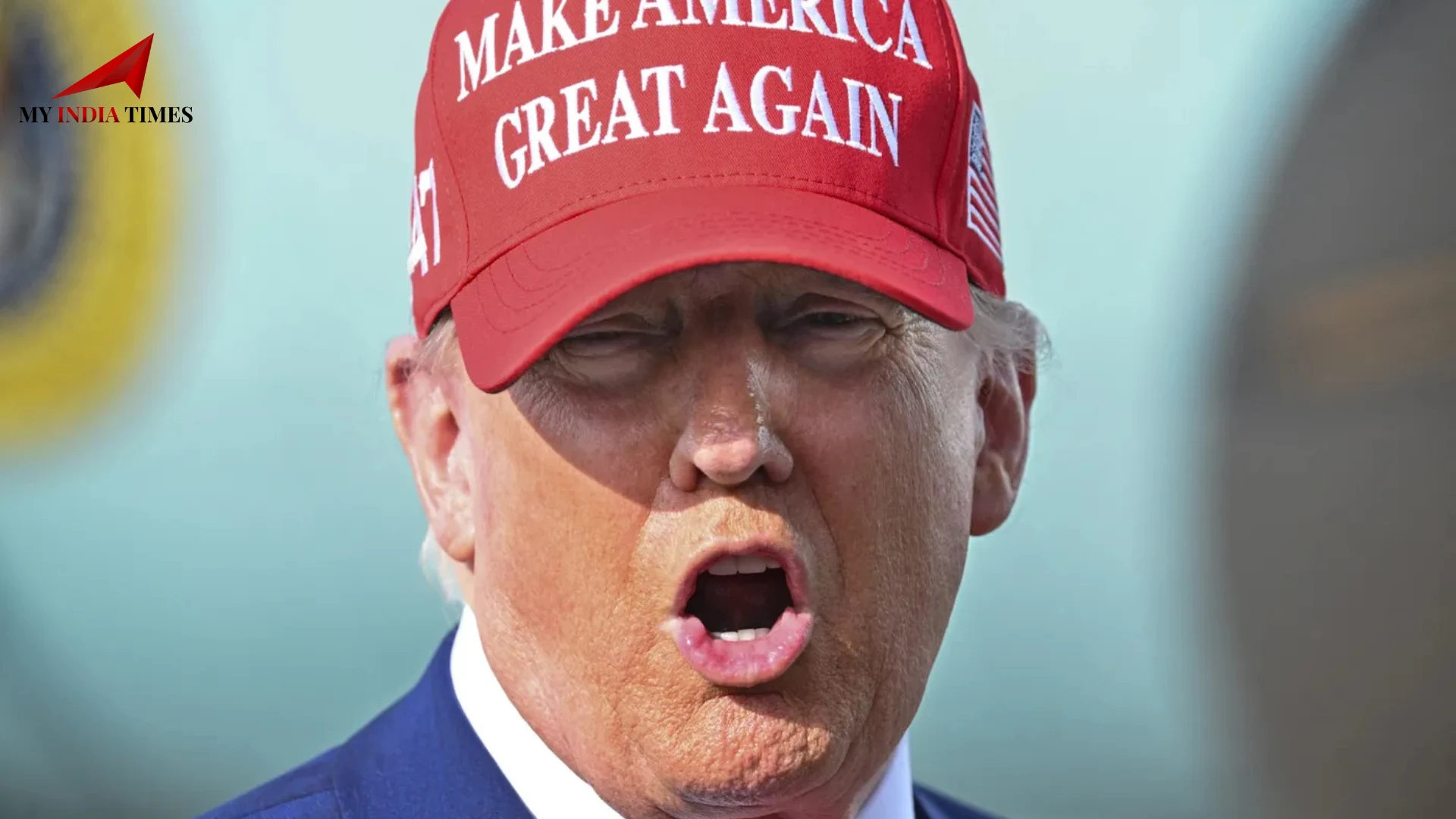
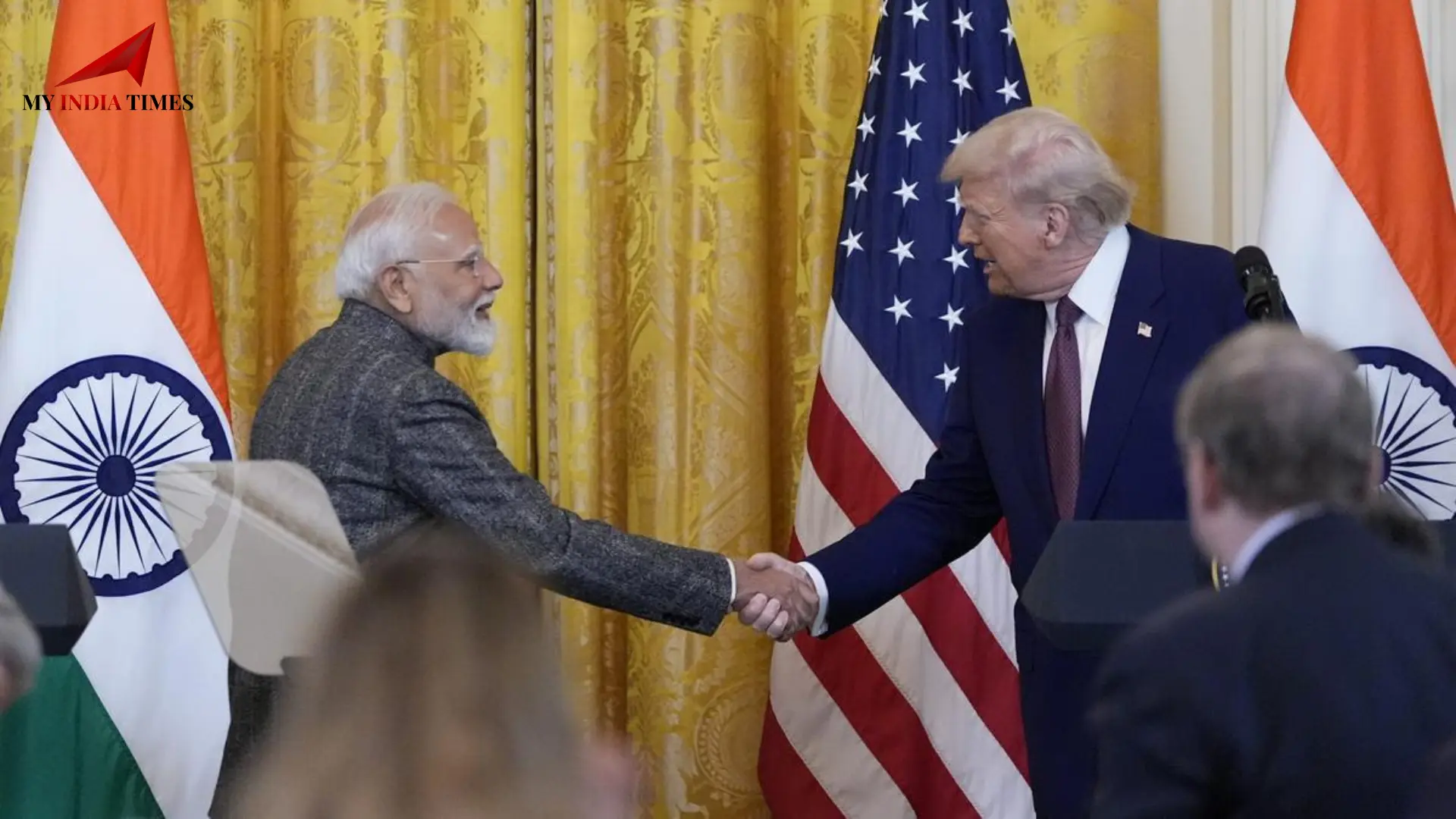

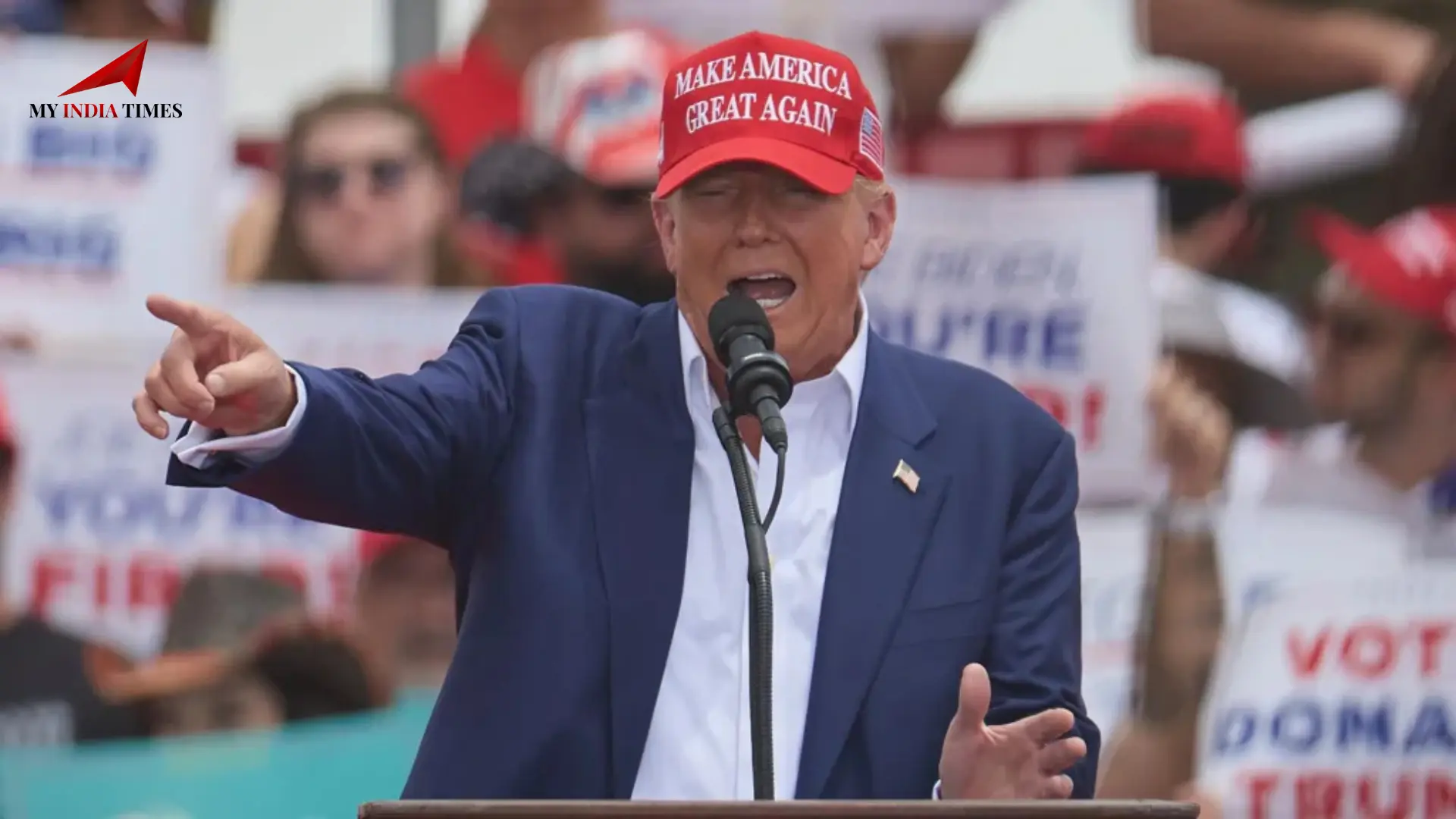
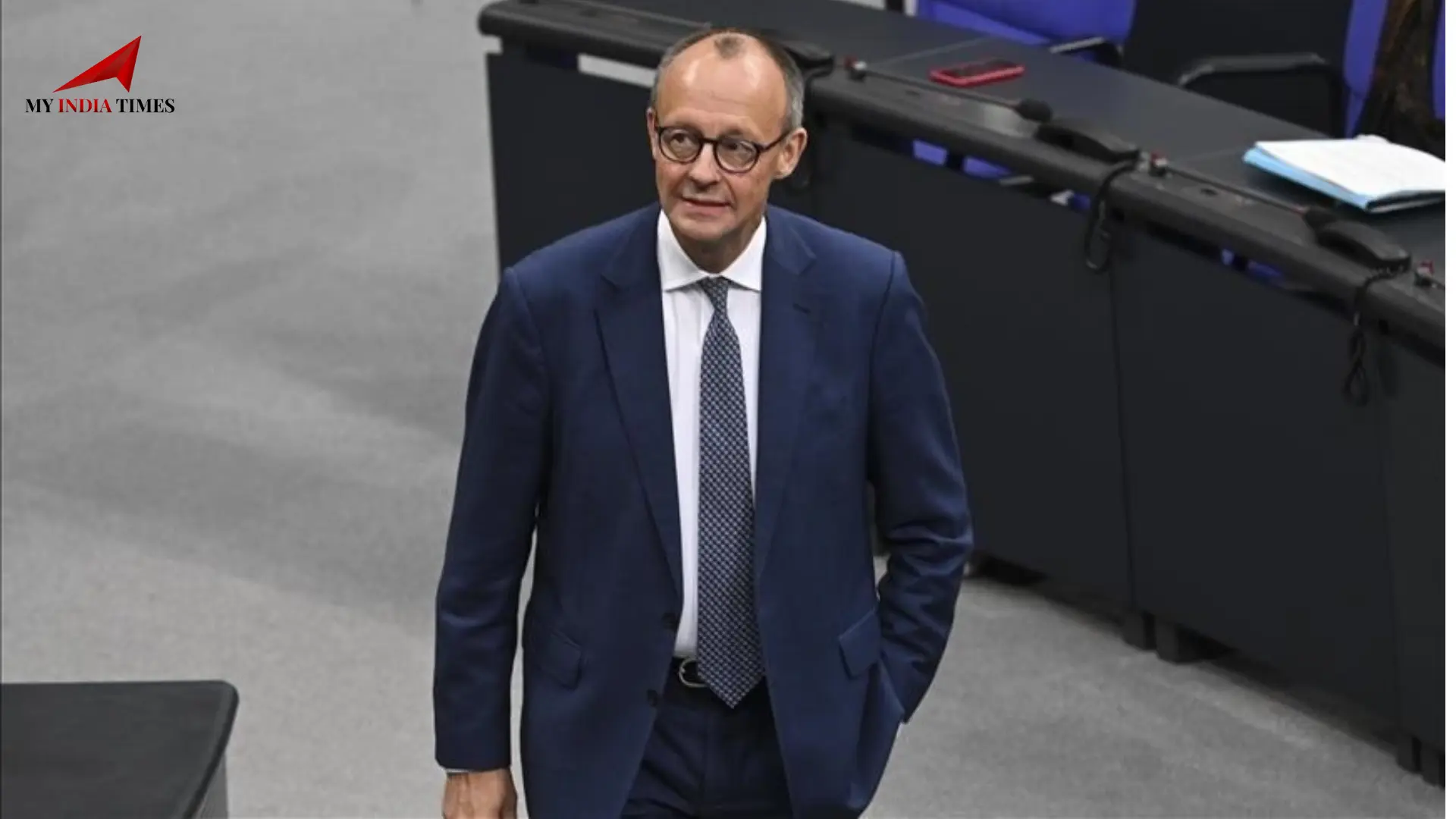

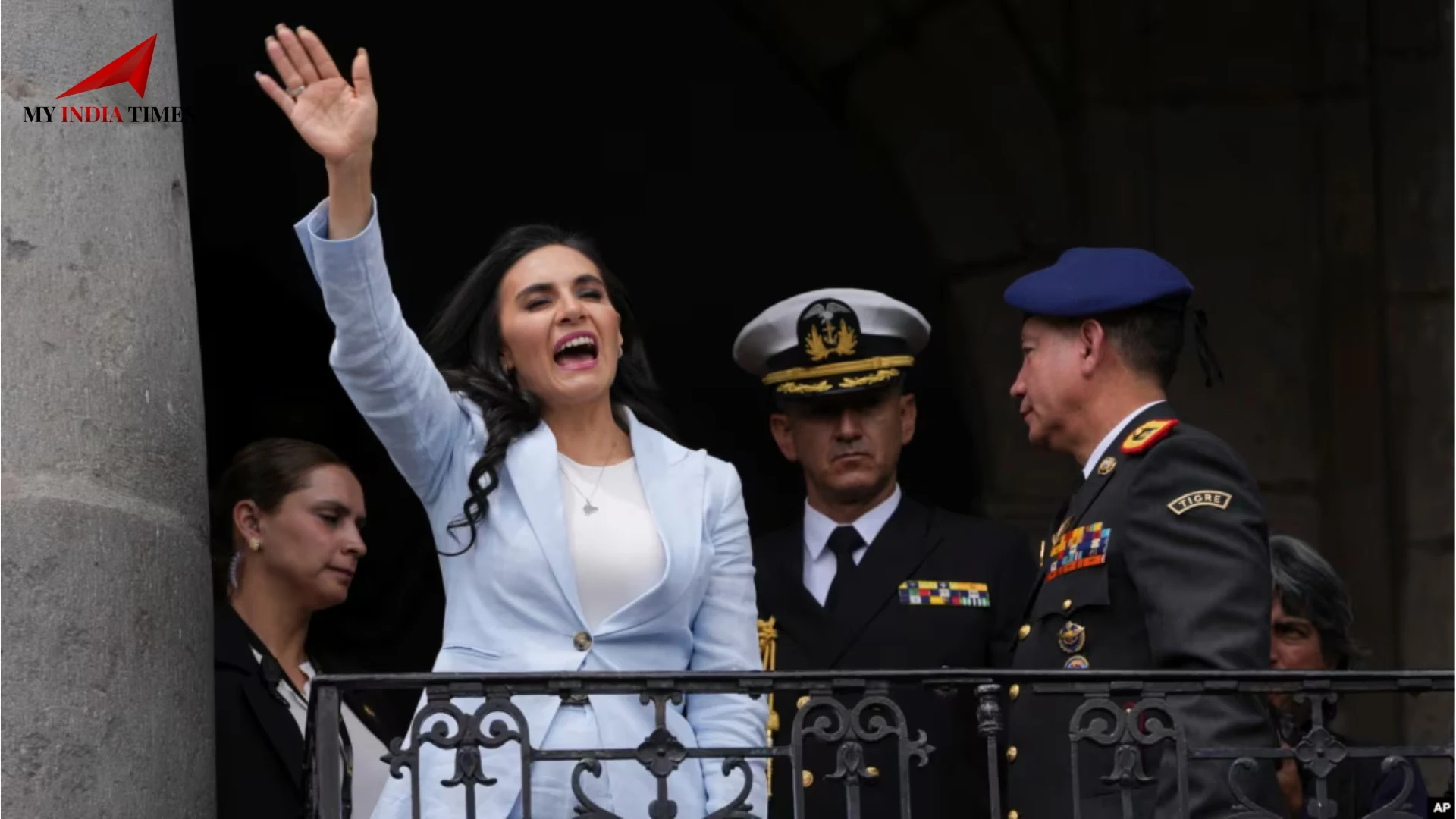
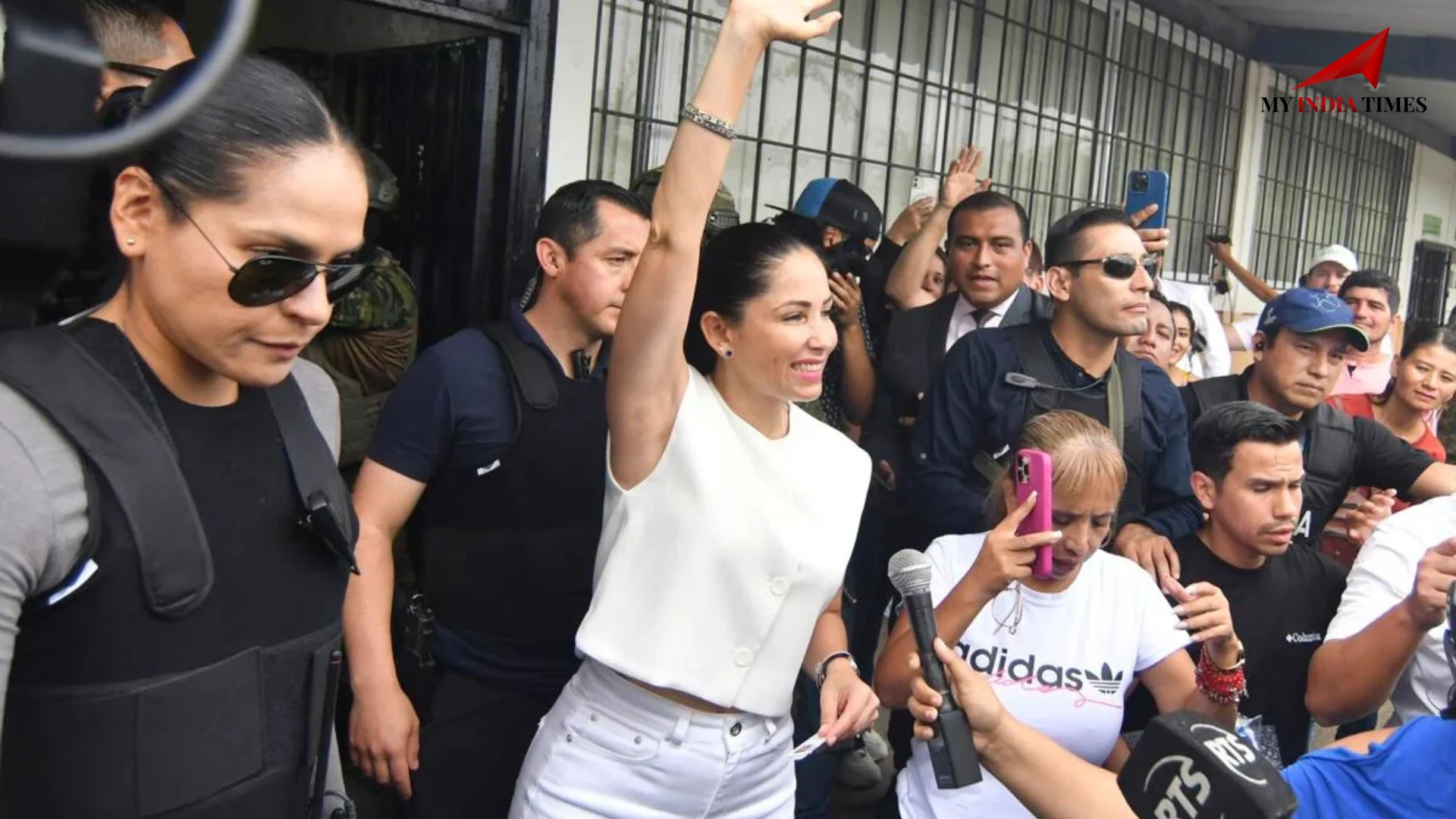
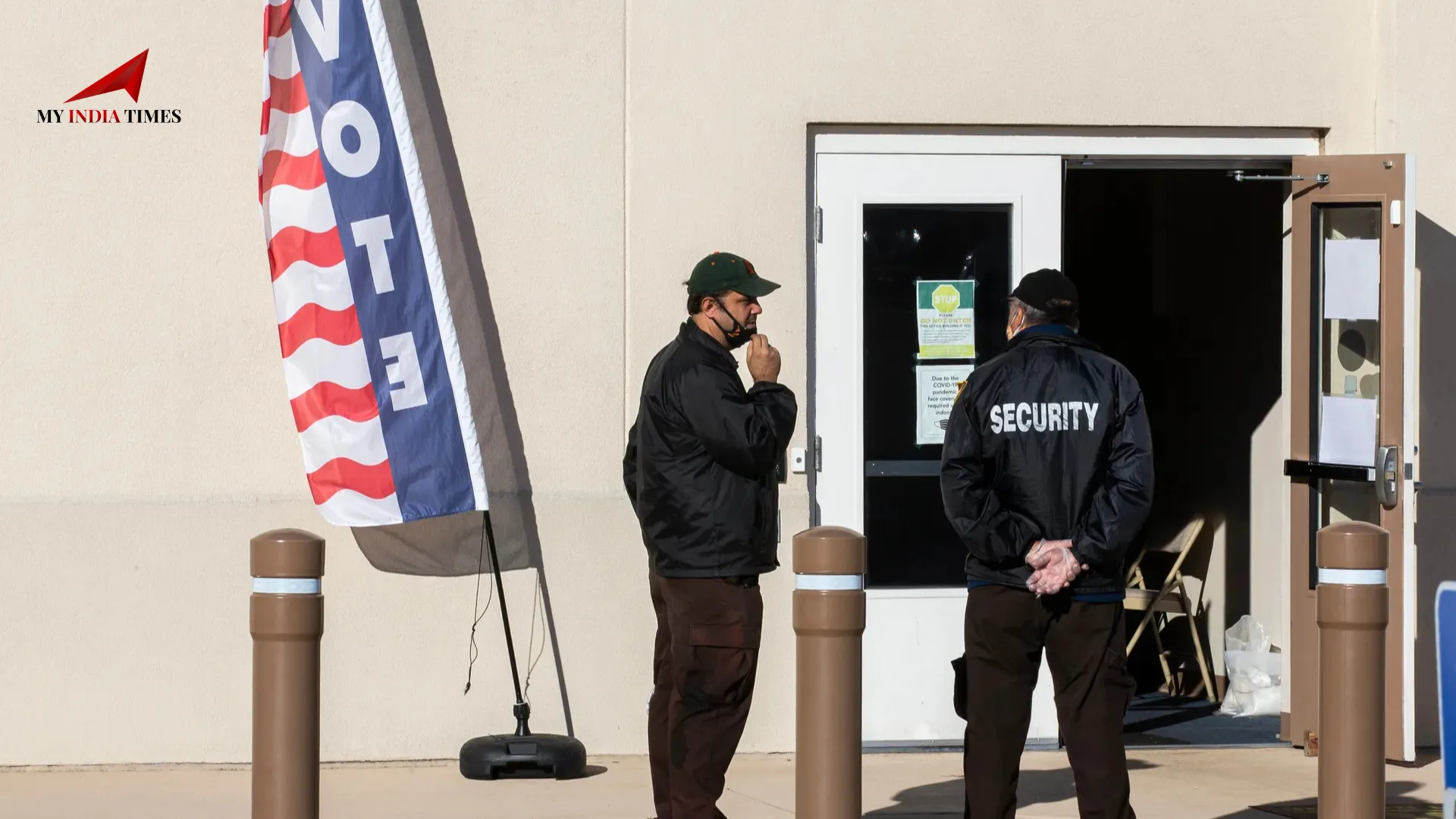
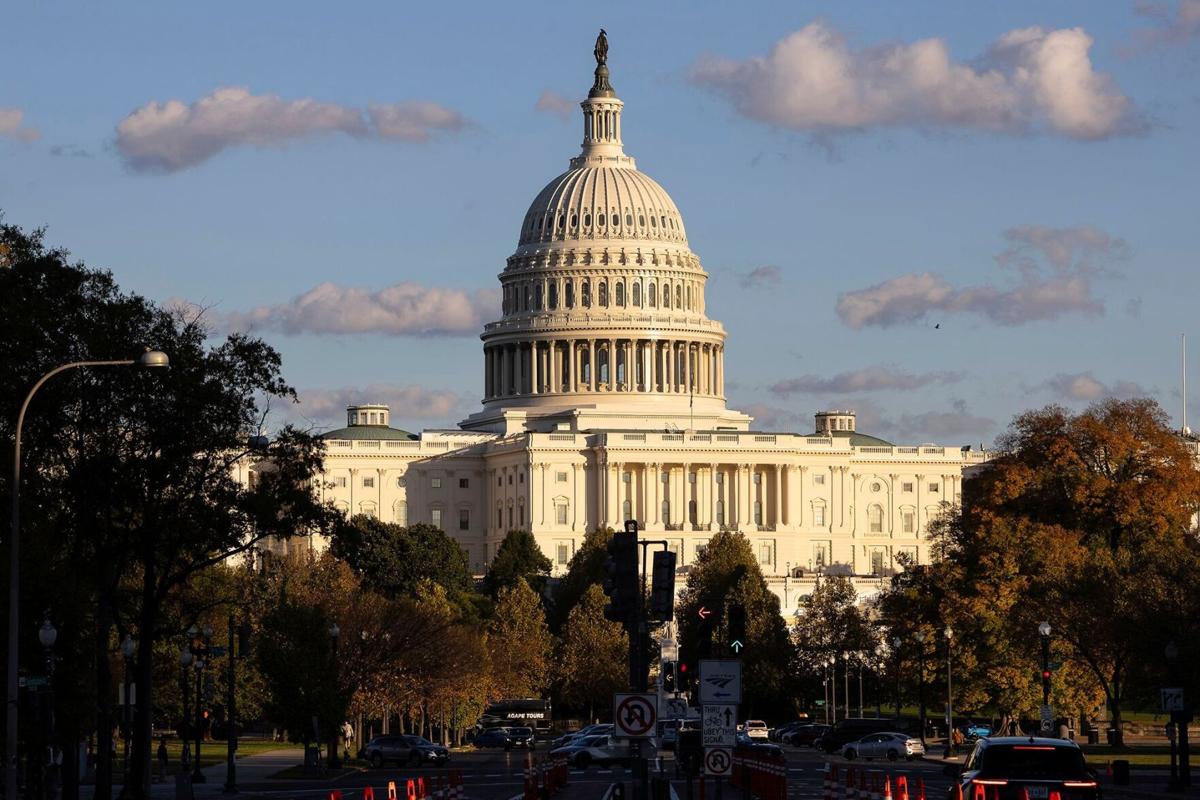

























































































.png)
 (1).png)























